Hmmm. We sent your question off to the helpful people at the US Apple Association, and a couple of food scientists they contacted hypothesized the your friend must have been referring to the use of sulfur-based preservatives, or sulfites, in home canning.
Sulfites have historically been used to inhibit browning of fruits and vegetables, including apples (they are also used more broadly in food manufacturing and processing as a preservative, anti-bacterial agent, etc.). The FDA labeled sulfites as "generally recognized as safe" as a preservative and food additive in 1958. But, beginning in the 1980s consumer complaints of allergic reactions to sulfites began to surface. As a result, in 1986 FDA prohibited the use of sulfites on fruits and vegetables to be eaten raw (which is why you'll see "No sulfites" notices on salad bars). The agency also required that food manufacturers list sulfite as an ingredient on product labels if found above a certain tiny threshold. Now, knowing all that, do you really want to add sulfites to your apples?
There are alternatives to sulfites to prevent browning. The US Department of Agriculture's home canning guide recommends bathing cut fruits and vegetables in an ascorbic acid solution to retard browning. Ascorbic acid is typically found with canning supplies, or you can make your own by crushing Vitamin C tablets.
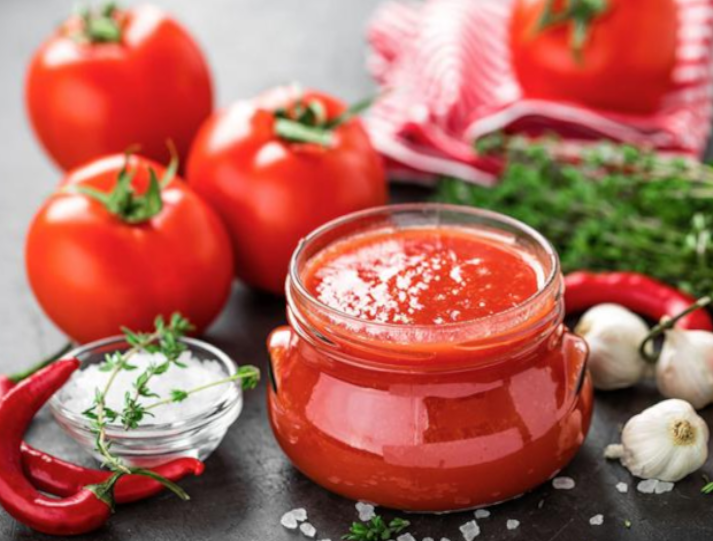
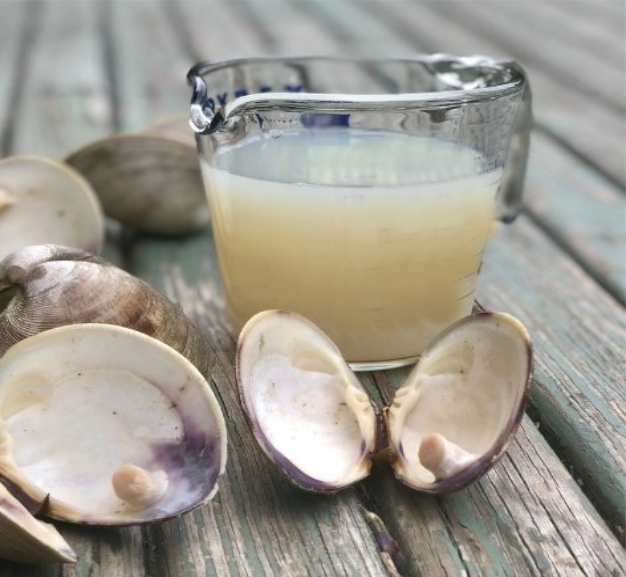


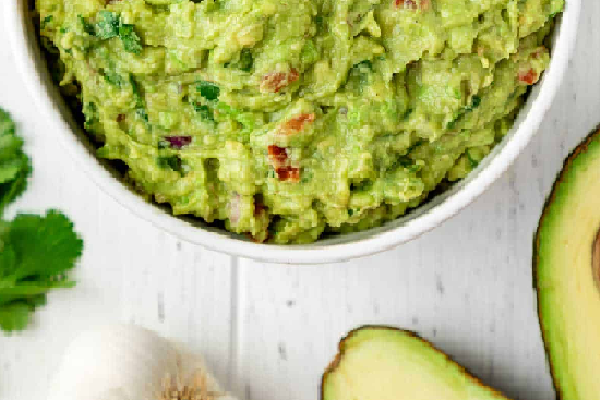

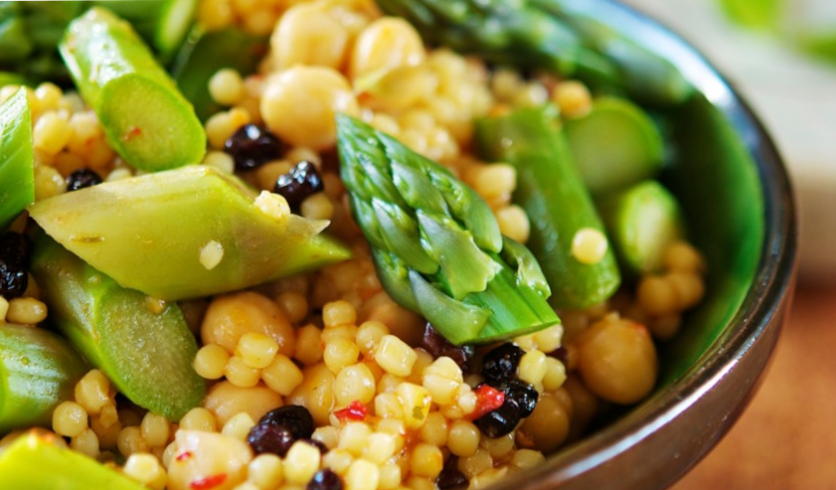







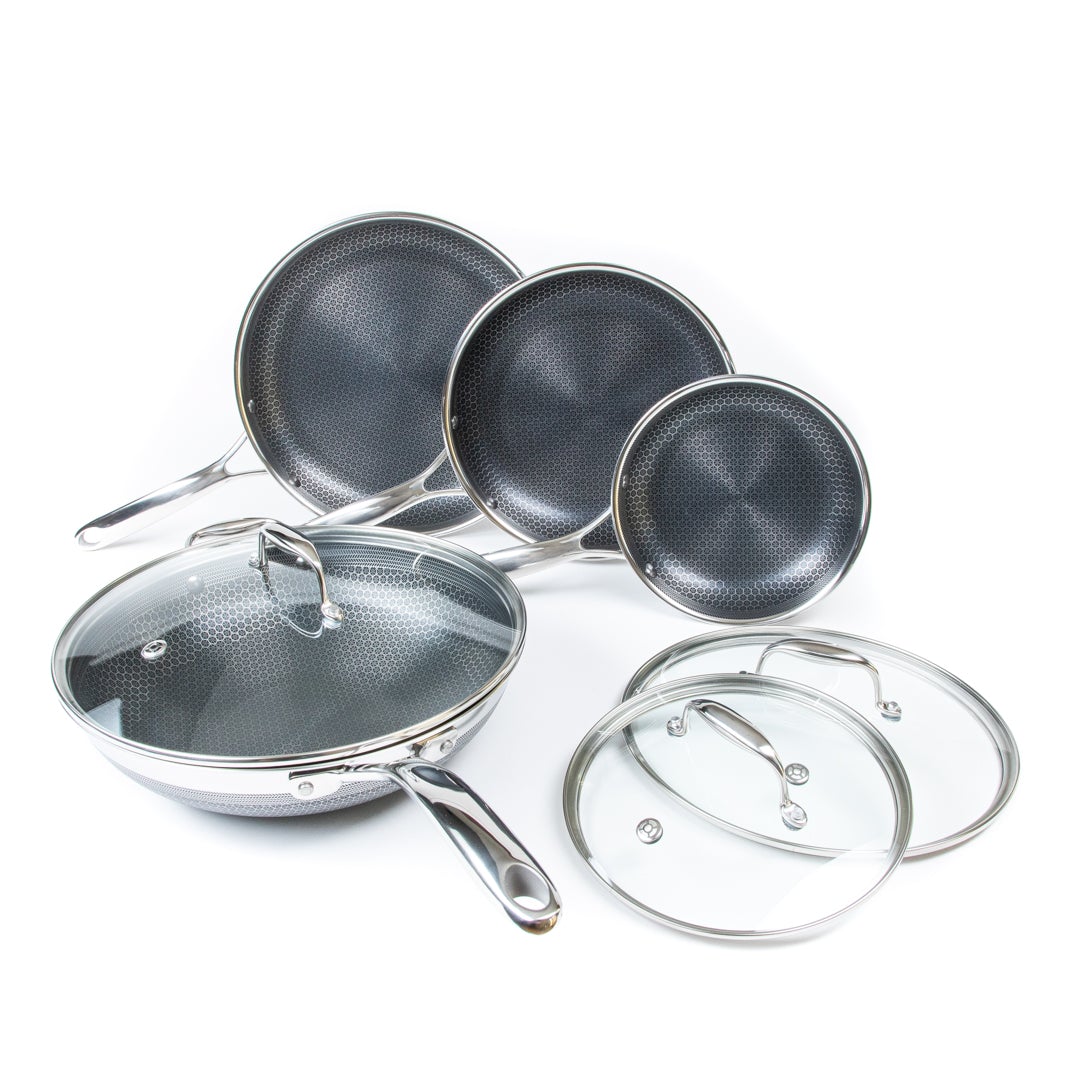
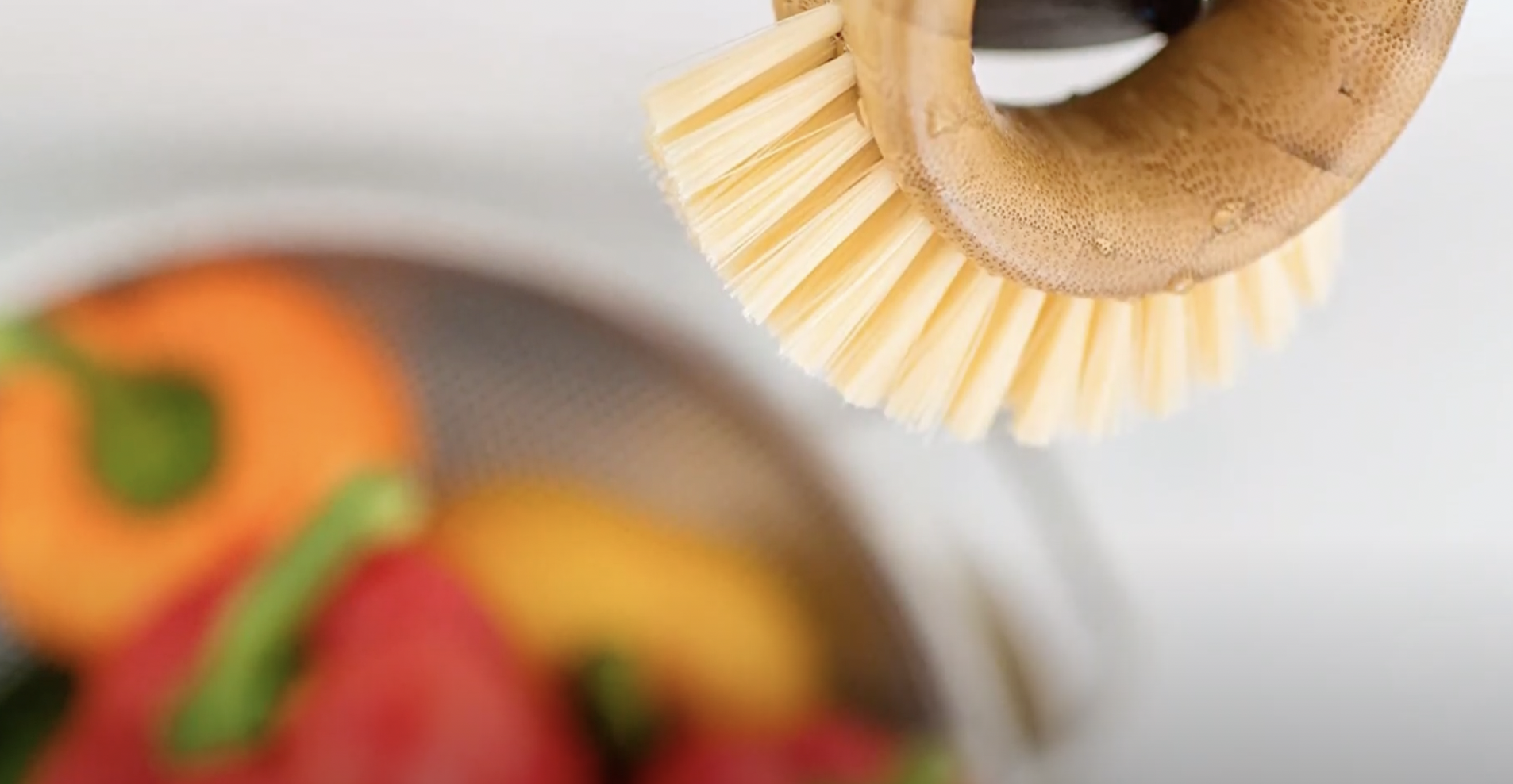

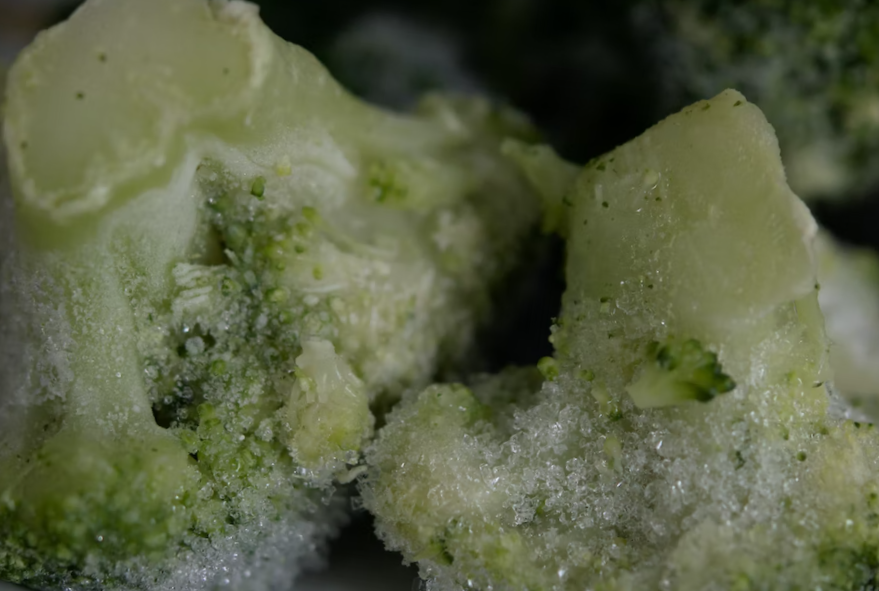

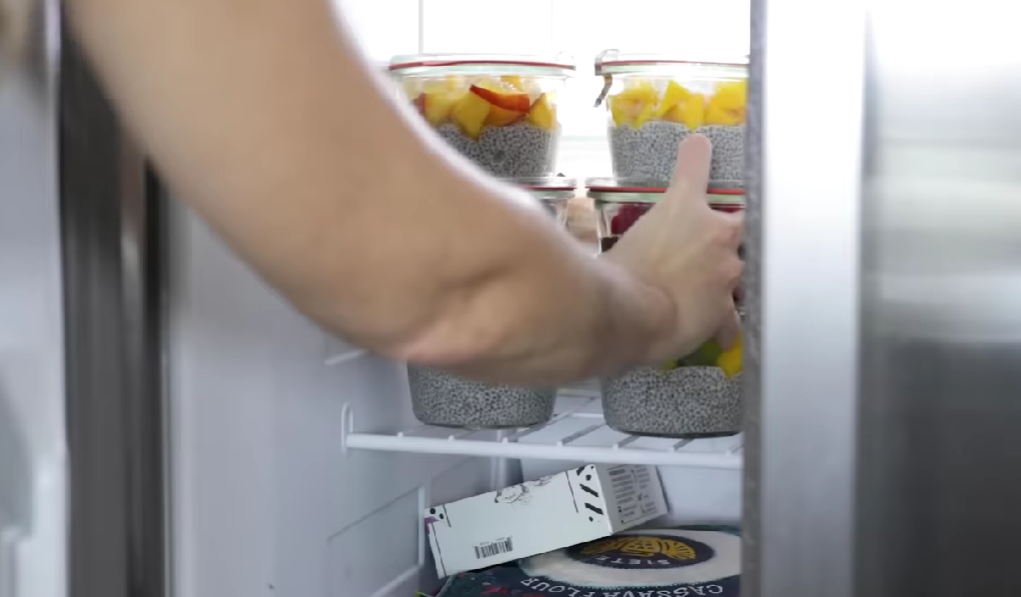
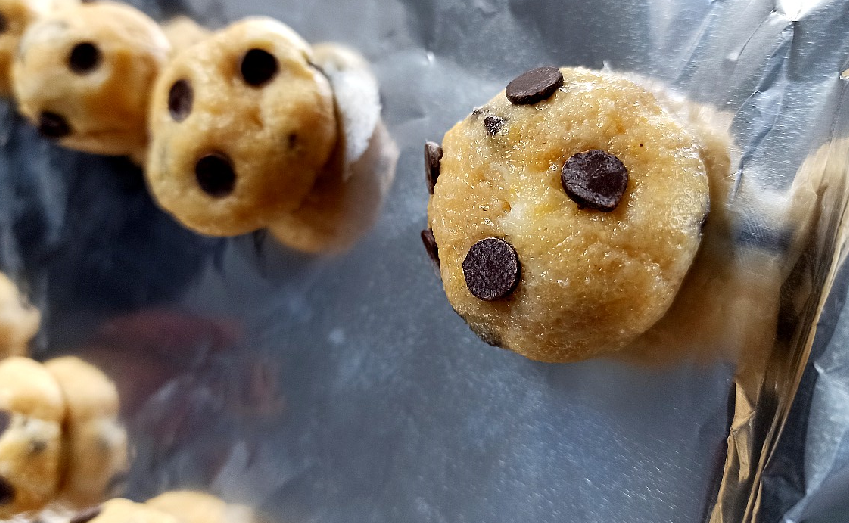
![Can you Cook Eggs in the Microwave? [Complete Guide]](/assets/images/c1f79d1cad59f18f9b5dc31403bd0eb2.png)

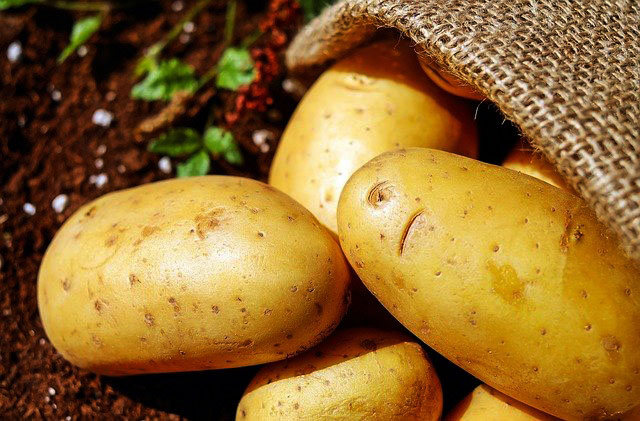

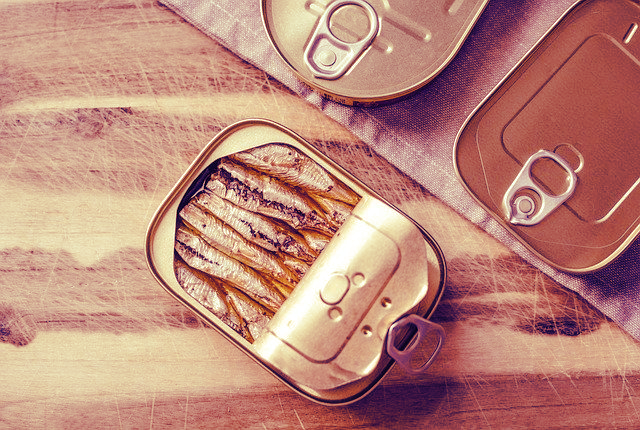
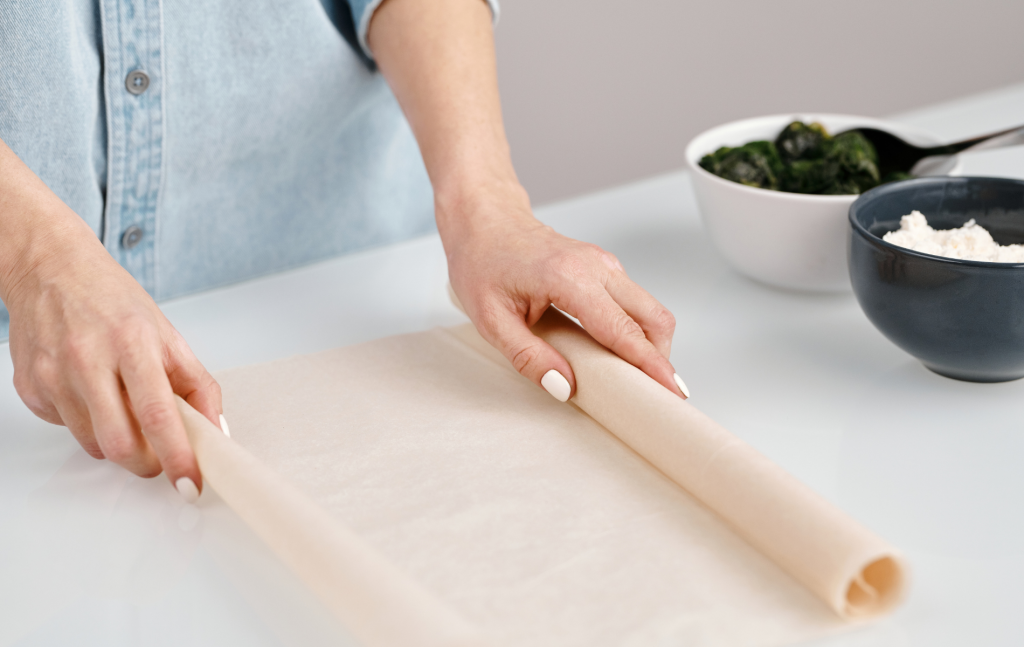
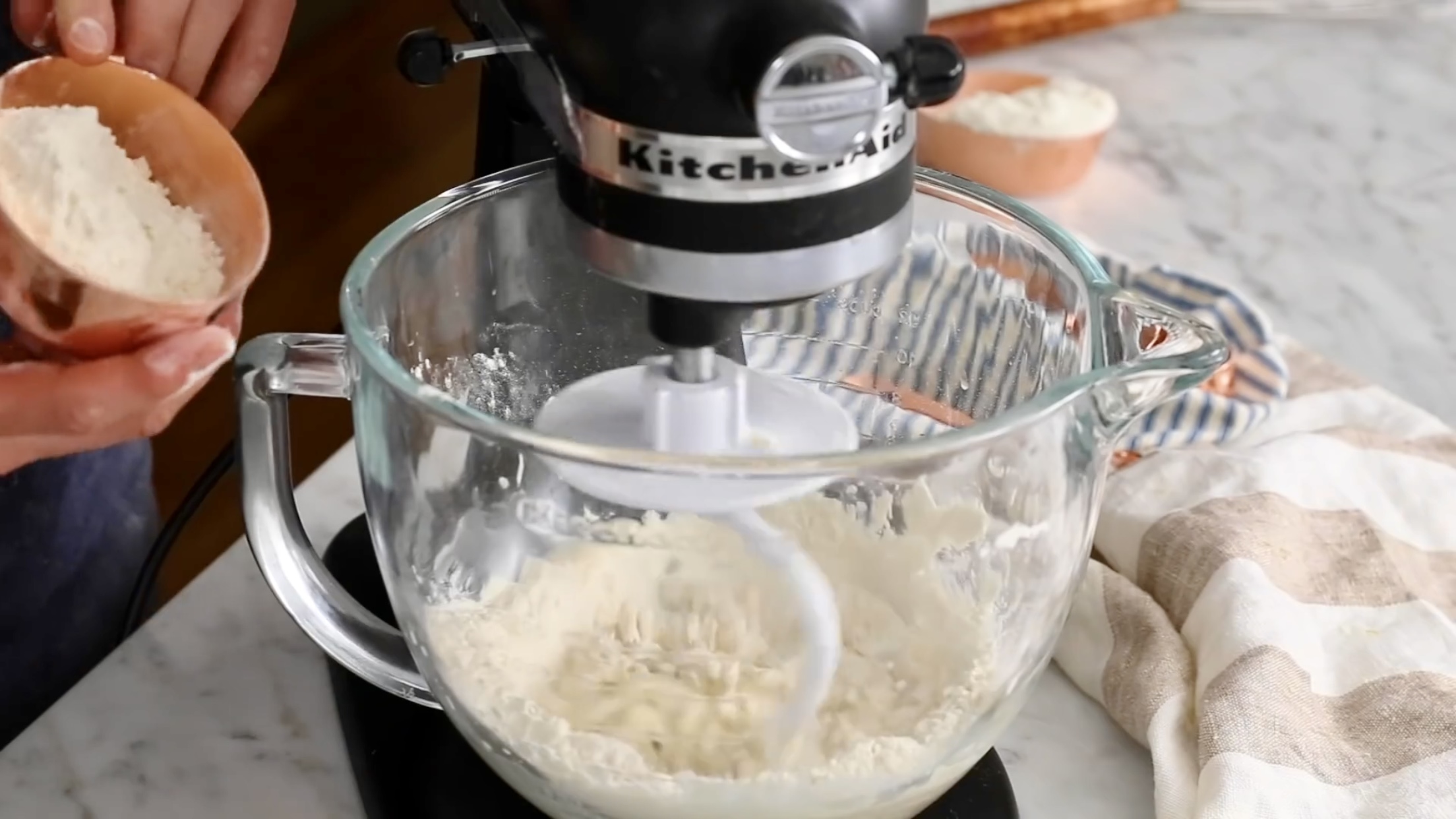
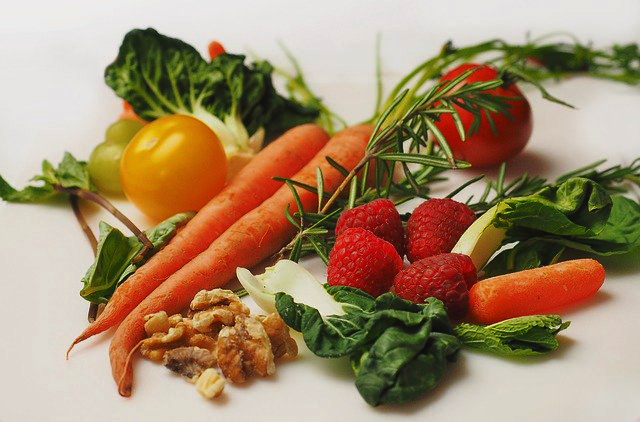
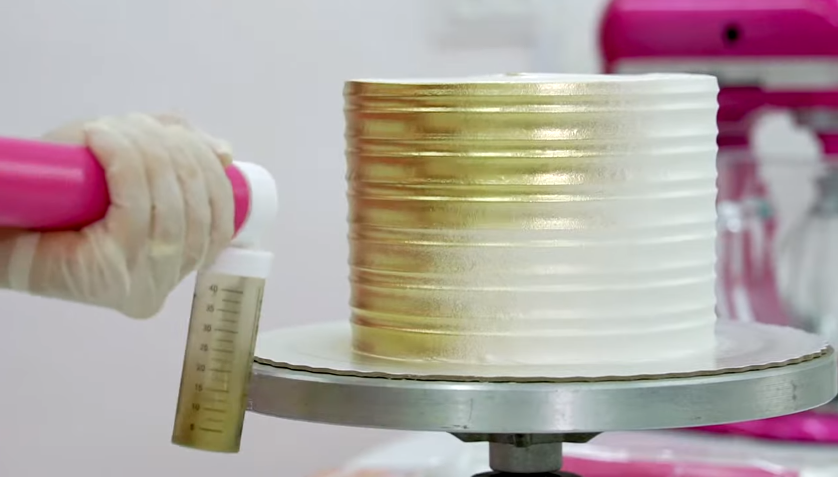









My grandmother made sulfur apples. She had a 55 gallon drum in which she built a fire of hickory. When it burned to coals, she dumped in the sulfer. She spread the sliced apples on a cheesecloth stretched over the top which let the smoke thru. She stored them in quart Mason jars. I belive she rinced them in water before cooking. It didn't seem to affect the taste, because I remember she made the best fried apple pies. Although there might be some health risks, she lived to 92 and I'm still kicking and in great health at 68. A television station in Knoxville Tennesse (WATE or WBIR maybe?) featured her in several shows making sulfur apples, lye soap, etc. They might still be archived.
My dad, who is 88 years old, said that his mother used to slice apples and put the in a crock. She would then put a bowl onto and pour some sulfur in the bow and light it with a match and put the lid on it. When they were ready to have apples she would soak the sliced apples in water overnight and fry them in a cast iron pan with butter. Can you tell me if this is what they did in the early 1900's.?